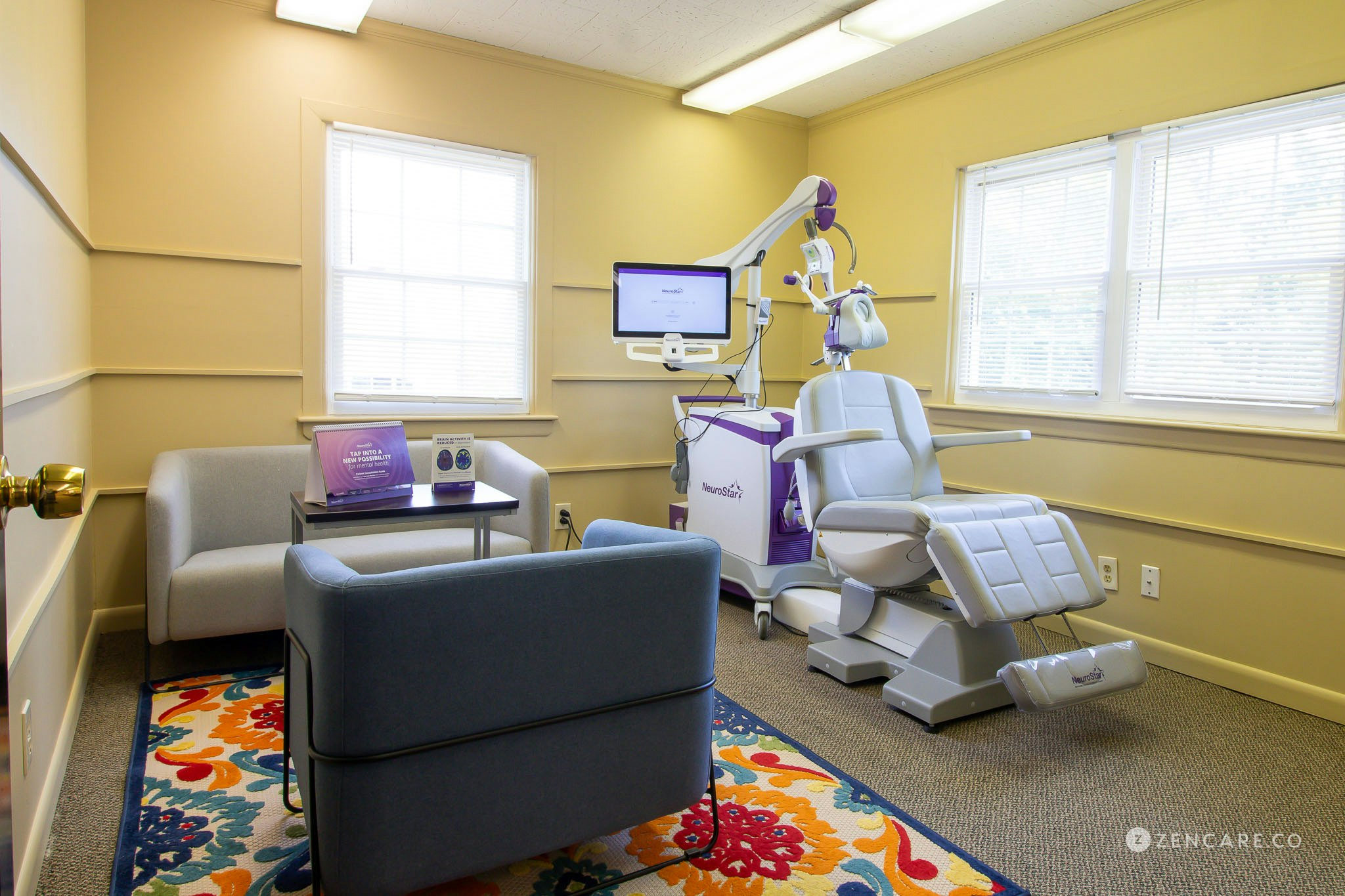
Medication Management for Mental Health
Personalized Psychiatric Support, Built Around You
We take a thoughtful, collaborative approach, checking in regularly to make sure your medications are working effectively and minimizing side effects. Whether you’re managing anxiety, depression, bipolar disorder, ADHD, addiction, or another mental health condition, we’re here to ensure your treatment is safe, supported, and optimized for long-term success.
Psychiatric Medications
Psychiatric medications are drugs used to manage and treat mental health conditions such as depression, anxiety, bipolar disorder, and schizophrenia. They work by influencing brain chemistry to help stabilize mood, reduce symptoms, and improve overall mental functioning. These medications can include antidepressants, antipsychotics, mood stabilizers, and anxiolytics, often prescribed alongside therapy for comprehensive care.
How will I know if I need medications?
Determining whether psychiatric medications are appropriate for you begins with a thorough evaluation by your provider. Together, you will review your symptoms—including their intensity, duration, and how they affect your daily activities. You’ll discuss any persistent emotional difficulties such as prolonged sadness, anxiety, or mood swings, as well as functional challenges at work, school, or in social situations.
How does medication help?
Psychiatric medications help by balancing the brain's chemicals, which are often out of sync in mental health conditions. These medications target neurotransmitters—such as serotonin, dopamine, and norepinephrine—that influence mood, thoughts, and behavior. By adjusting the levels or activity of these chemicals, psychiatric medications can reduce symptoms of disorders like depression, anxiety, bipolar disorder, and schizophrenia. This can lead to improved mood, reduced anxiety, clearer thinking, and better impulse control. While not a cure, these medications are often a critical component of an overall treatment plan.
Are medications covered by your insurance plan?
Insurance coverage for medication varies depending on the specific insurance plan and the type of medication prescribed. Many insurance plans do cover prescription medications, including those used to treat mental health conditions such as depression, OCD, and anxiety. However, coverage details, copayments, and prior authorization requirements can differ significantly.
It's important to review your individual insurance policy or contact your insurance provider directly to confirm whether your medication is covered, what your out-of-pocket costs might be, and if there are any restrictions. Additionally, some advanced treatments, like Transcranial Magnetic Stimulation (TMS) therapy offered by Engrace Behavioral Health, may have different coverage criteria.

Viable treatment options for depression and OCD are available
Ready to Explore what is Beyond Medications?
Transcranial Magnetic Stimulation (TMS)
Transcranial Magnetic Stimulation (TMS) is a good alternative to medications for depression and OCD because it offers a non-invasive, drug-free treatment option with fewer side effects. Covered by most insurance plans and FDA-approved, TMS targets specific areas of the brain involved in mood regulation without affecting the entire body. This precision reduces the risk of common medication-related issues such as weight gain, sexual dysfunction, or gastrointestinal problems.
Additionally, TMS provides hope for individuals who have not responded well to traditional medications, offering an effective therapy that can improve symptoms and overall quality of life without the need for ongoing pharmaceutical use.






